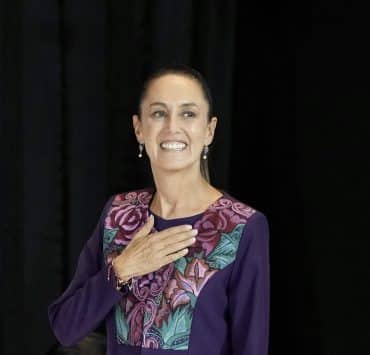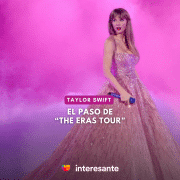In an era where traditional media is declining, most people rely on digital media for information and decision-making. This is especially true for young people. This year, 15 million Mexicans will be voting for the first time. All of them are 18 to 24 years old digital natives. According to Forbes magazine, if we add millennials and centennials, who also grew up with digital media, together they represent half of the country’s population.
However, we must consider that this enormous percentage of Mexicans is not only exposed to the messages of the candidates, news from established media outlets, and opinions of political analysts. They are also exposed to what their friends and family think, what influencers, and even the artists or comedians they follow say or write. In other words, a person who regularly navigates social media is not necessarily well-informed.
They are exposed to misleading ideas, fake news, and opinions based solely on sympathy or antipathy towards a candidate, or they may be swayed by recommendations from someone they admire or identify with. According to a survey conducted by UNESCO in 16 countries, 87% of respondents expressed concern about the impact of misinformation on the upcoming elections in their country, with 47% being “very concerned.”
For this reason, the need for regulation has been extensively discussed during the current presidential campaign in Mexico. However, legislation is highly unlikely in any democratic country because social media has given all citizens a voice, allowing them to connect with like-minded individuals and engage in discussions with those who disagree. They can also actively participate in an election from their personal perspective.
Another issue that cannot be overlooked is bots and fake accounts. In 2022, a report by Imperva indicated that bots accounted for 47.4% of all internet traffic, representing a 5.1% increase compared to the previous year globally. Such a phenomenon exists. No political party or group of power would admit to using bots, but that doesn’t mean they don’t employ them…and don’t use them heavily.
President Andrés Manuel López Obrador referred a few weeks ago to a dirty war of hashtags and hate messages. However, these messages were not exclusively directed to him and his candidate Claudia Sheinbaum, as he intended to suggest. Just three days into the campaign, Xóchitl Gálvez initially gained the upper hand in digital presence, but Sheinbaum easily surpassed her within hours. In any case, the prevailing hashtags in both cases were associated with negativity. Words such as “corruption,” “criminals,” “blood,” “fear,” and “violence” dominated the conversation.
We shouldn’t forget about “filter bubbles.” On all social media platforms, algorithms are designed to present users with content that aligns with their preferences. This creates an echo chamber effect, as people are only exposed to ideas and opinions they already share, limiting their exposure to diverse information and opposing viewpoints.
Now, let’s consider social media not from the perspective of citizens but from the standpoint of political parties and candidates competing not just for the presidency but also for governorships and other electoral positions. Marketing has undergone a complete transformation thanks to technology. Instead of requiring massive budgets for television ads or billboards like shotgun blasts, political parties can now segment and reach their audiences with telescopic precision. By collecting demographic and psychographic data, particular interests, and user behavior of the audience, they can send personalized ads, optimize their budgets, measure the performance of their messages, and increase citizen engagement.
As we have witnessed since the birth of the Internet, technology is a double-edged sword. In the case of electoral processes, it has proven to be extremely useful in keeping citizens well-informed, but also in misinforming them. It enables the expression of valuable opinions but also the dissemination of hate messages. In other words, it influences citizens’ decision-making, but there are almost equal chances that their decisions are based on real or fake facts and data.
In this election, technology and social media will play a fundamental role in the outcomes, for better or worse.















